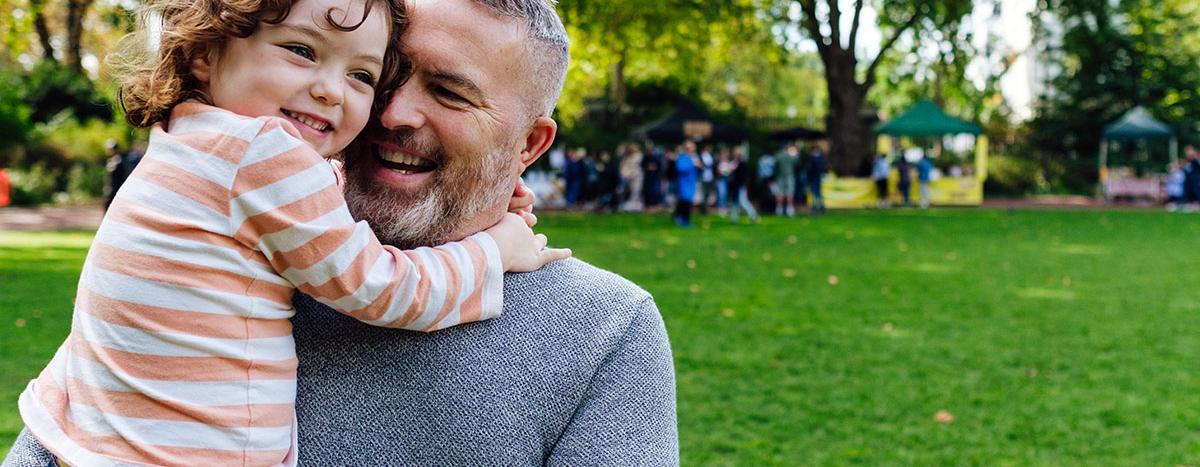Navigating parenthood post-divorce can be challenging, but it's crucial to remain a significant part of your children's growth. The transition requires thoughtful strategies, consistent efforts, and a positive mindset. Here are essential steps to help you stay connected and influential in your children's lives after divorce.
Prioritize Effective Communication
Open and honest communication with your children is vital. Encourage them to express their feelings about the divorce and listen without judgment. Let them know it's okay to feel sad, confused, or angry. Reassure them that both parents love them unconditionally and that the divorce is not their fault. Regularly check in on their emotional well-being and provide support as needed.
Establish a Stable Routine
Children thrive on stability and routine, especially during times of change. Work with your ex-spouse to create a consistent schedule that includes school activities, extracurriculars, and quality time with both parents. Consistency helps children feel secure and reduces anxiety. Ensure that transitions between homes are smooth and predictable, minimizing disruptions to their daily lives.
Co-Parent Amicably
Effective co-parenting is crucial for your children's well-being. Strive for a cooperative relationship with your ex-spouse, focusing on what’s best for the kids. Keep communication respectful and business-like, discussing only matters related to your children. Avoid conflict and never use your children as messengers or pawns in disputes. Attend co-parenting counseling if necessary to improve your collaboration.
Stay Involved in Their Activities
Be present in your children's lives by actively participating in their activities and interests. Attend school events, sports games, and extracurricular activities. Volunteer for school functions or coach their sports team if possible. Your presence reinforces your commitment to their growth and development, showing them that you are a reliable and engaged parent.
Create Quality Time
Quality time is more important than quantity. Make the most of the time you have with your children by engaging in meaningful activities. Plan fun outings, help with homework, cook meals together, or simply have heartfelt conversations. These moments create lasting memories and strengthen your bond. Ensure that your time together is free from distractions, giving them your undivided attention.
Support Their Relationship with the Other Parent
Encourage and facilitate a healthy relationship between your children and their other parent. Avoid speaking negatively about your ex-spouse in front of the children, as this can create confusion and emotional distress. Supporting their bond with both parents helps children feel loved and secure, fostering a sense of stability despite the divorce.
Be a Role Model
Your behavior sets an example for your children. Demonstrate resilience, kindness, and maturity in how you handle the divorce. Show them that it's possible to navigate difficult situations with grace and dignity. Taking care of your mental and emotional health is also important; children often mirror their parents' coping mechanisms.
Maintain Open Communication with Their Caregivers
If your children spend time with other caregivers, such as grandparents or babysitters, ensure consistent communication with them. Keep everyone informed about your children’s schedules, preferences, and any issues that arise. A unified approach to their care reinforces stability and consistency across different environments.
Address Legal and Financial Responsibilities
Ensure that you meet all legal and financial responsibilities as agreed upon in the divorce settlement. Timely payment of child support and adherence to custody arrangements are crucial. Financial stability directly impacts your children’s well-being, so manage your finances responsibly to provide for their needs.
Encourage Independence and Resilience
While being supportive, also encourage your children to develop independence and resilience. Allow them to solve problems on their own and make age-appropriate decisions. Teach them coping strategies and how to deal with stress. Building these skills will help them navigate the challenges of divorce and life in general.
Seek Professional Help if Needed
If you or your children are struggling with the emotional impact of the divorce, don't hesitate to seek professional help. Therapists and counselors can provide valuable support and coping strategies. Family therapy can also improve communication and strengthen relationships within the family unit.
Reflect and Adjust
Regularly reflect on your parenting approach and make adjustments as needed. Stay attuned to your children’s evolving needs and be flexible in your strategies. Parenting is an ongoing process, and being willing to learn and adapt is essential.
Foster Positive Relationships
Encourage your children to build and maintain positive relationships with friends, extended family, and mentors. A strong support network provides additional emotional resources and helps children feel connected and supported.
Embrace Self-Care
Taking care of yourself is crucial for effective parenting. Ensure you have time for self-care, hobbies, and social activities. A healthy, well-balanced parent is better equipped to provide the necessary support and guidance to their children.
Remaining an integral part of your children's growth post-divorce is achievable with commitment and thoughtful actions. By prioritizing their emotional well-being, maintaining a stable routine, co-parenting effectively, and being actively involved in their lives, you can ensure that your relationship with your children remains strong and positive.











